The discursive tension between theory and data creatively constitutes the desideratum for archaeology to mature as a scientific discipline. Archaeology is gradually being empowered to imaginatively predict backwards and develop encouraging multilineal cultural specific theoretical foundations. Here lies its relevance. As multi-disciplinary or inter-disciplinary approaches improve the data-sets, explicit efforts are being made to propound malleable historicist theories with minimal assault on the past reality without conceivable distortions. Of course, the past happenings are perceived in the plurality of non-referential yet judgemental references. This inference as sasvat anumana, is acceptable to most archaeologists. Obviously, an obsession with rigid or near-sighted empiricism is endlessly inconclusive. It remains an impediment to theoretical condensations. Explanations for the past phenomena require logical cohesiveness instead of a pre-occupation with hyper-rationalism and pseudo-scientific deductivism. The proposed essays explore the contributions of ancestral Indian thought towards teleological disclosures regarding the past inter-relationships. This engenders a consideration for intentionality and predominance of will. The study will reinstate the role of latent causation in the growth of societies.
Philosophical Archaeology: The Indian Scenario
$11.88
$12.50
In stock
Free & Quick Delivery Worldwide
All orders amounting to US$ 50 or more qualify for Free Delivery Worldwide. For orders less than US$ 50, we offer Standard Delivery at $14 per book.
ABOUT THE AUTHOR Vijneshu Mohan
Vijneshu Mohan has had a brilliant academic career obtaining first position in M.A. from the Kurukshetra University. Subsequently, he studied at the Ohio University, USA, on a scholarship. Thereafter, he won the prestigious Cambridge Nehru Scholarship at the University of Cambridge, UK, for higher research in Archaeology. He has, to his credit, several research publications in reputed journals and presentations in national / international conferences and seminars. He taught Archaeology at the Panjab University, Chandigarh. He has authored three well-received thought-provoking books viz., (1) Archaeology: Status, Growth and Development (1998); (2) Philosophical Archaelogy (2000) and Folkloristics of Mahabharata (2003).
reviews
0 in total
Review by Anonymous
Be the first to review “Philosophical Archaeology: The Indian Scenario” Cancel reply
You must be logged in to post a review.
Bibliographic information
Title
Philosophical Archaeology: The Indian Scenario
Author
Edition
1st ed.
Publisher
ISBN
8176461571
Length
115p.
Subjects


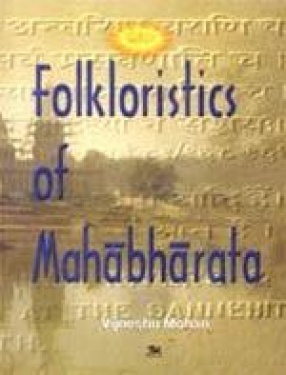
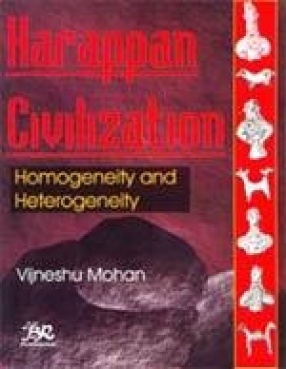
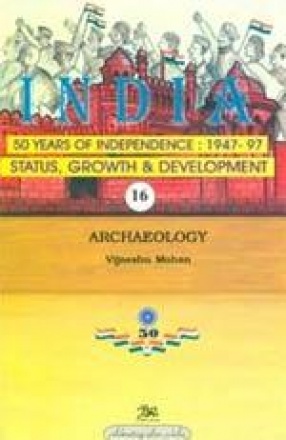

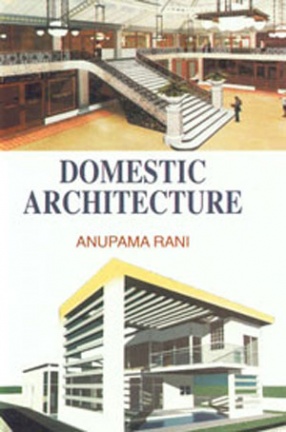
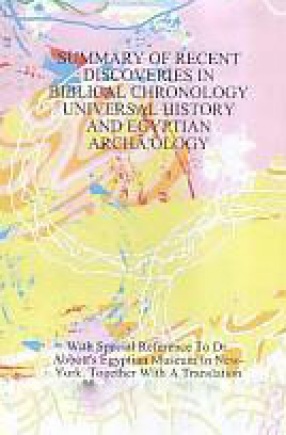
There are no reviews yet.